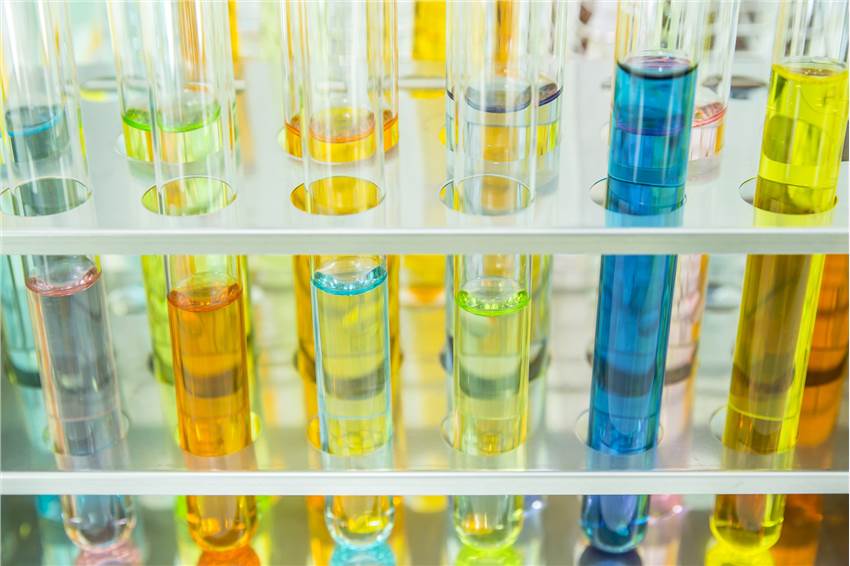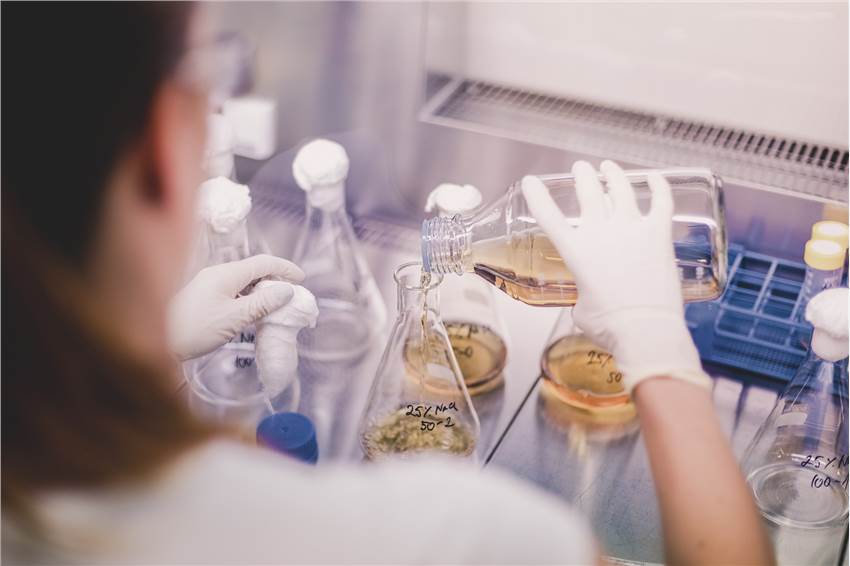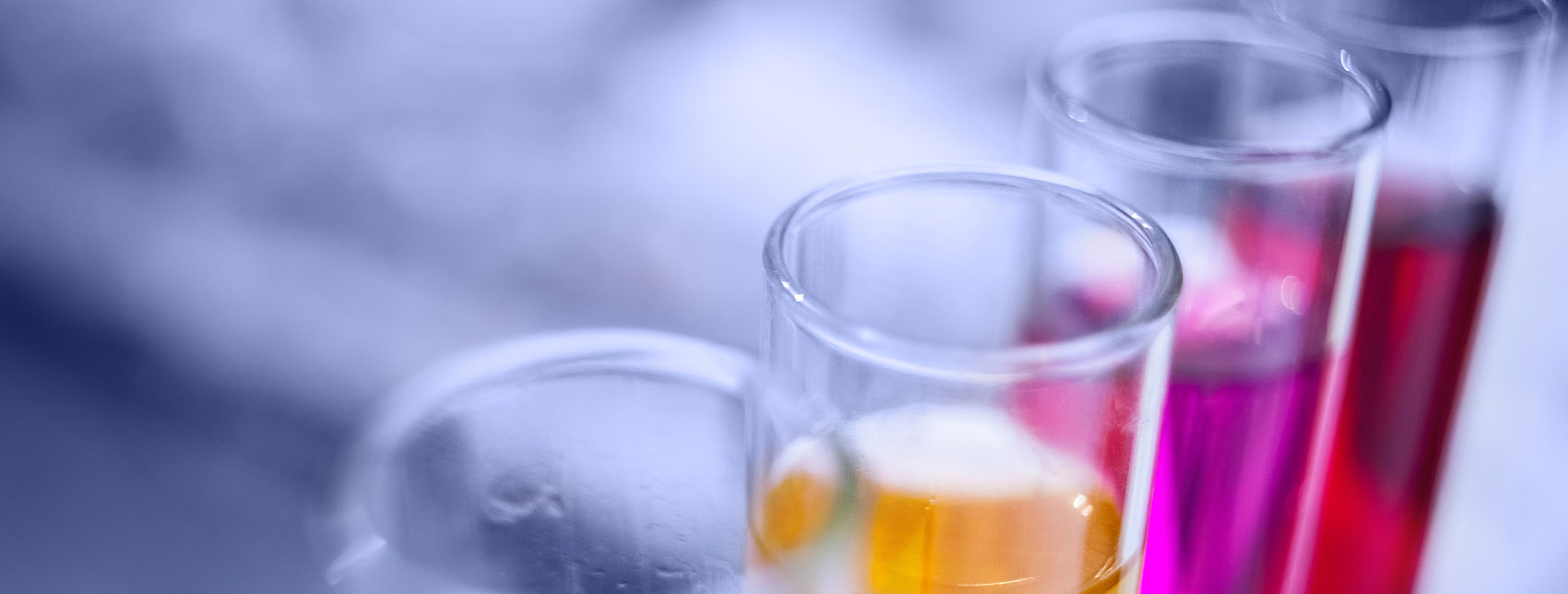Toxicity studies of chemicals are a means of elucidating the toxicity of a chemical and its potential hazards through toxicological animal testing and observation of exposed populations.
Our company is qualified to provide professional chemical toxicity testing services in accordance with international standards, and can perform a full range of toxicity tests for different types of chemicals to help our customers make safety judgments about whether the chemicals can be placed on the market.

Test Purpose and Use
In general, customers can use Our company's chemical toxicity testing services to achieve the following purposes:
- To find out the lethal dose (usually LD50 is the main parameter) of the tested chemical sample to one or several experimental animals for a preliminary estimation of the toxicological properties of the compound to humans.
- Elucidate the dose-response relationship and poisoning characteristics of the acute toxicity of the tested chemical samples.
- To study the transport and biotransformation processes of the test chemical samples in the body and their kinetic changes by using acute toxicity test methods. It can also be used to study first-aid treatment measures.
Our chemical toxicology test reports can be applied to: the material safety data sheet (MSDS) of chemicals, declaration of new raw materials for cosmetics, cargo transportation classification identification, chemical classification identification, research investigation, etc.
Test Range
Insecticides, disinfectants, detergents, dry cleaners, degreasers, refrigerants, foaming agents, food additives, coatings, laboratory chemicals, organic chemicals, inorganic chemicals, organometallic compounds, etc.
Chemicals Toxicity Solutions
Toxic effects are classified into different categories based on the site of toxicological action, mechanism of toxicity, and toxicological response or effect. Each toxicity test reflects a different toxicological alteration. Whether a chemical is toxic or not requires a comprehensive evaluation before a conclusion can be made. In particular, to determine that a test sample is not toxic, all of the above-mentioned stages of testing must be completed before a conclusion can be made.
When Our company evaluates the potential toxicity of a chemical, it performs a series of tests for different toxicological endpoints to collect complete toxicological information. Below is a list of Our company's extensive toxicity testing services.

Acute Toxicity Test
Acute toxicity is used to characterize the adverse reactions in humans resulting from a single dose (i.e., single exposure or multiple exposures within 24 hours) of a chemical sample exposure. Conventional acute toxicity testing uses death as the endpoint, and the test extrapolates the Lethal dose (LD50) value of the chemical to grade the acute toxicity of the chemical.
Irritation/Corrosiveness Test
Skin irritation refers to the local reversible inflammatory changes caused by the application of chemicals to the skin. Skin corrosiveness refers to the irreversible tissue damage caused locally by the application of chemicals to the skin. Ocular irritation refers to the reversible inflammatory changes caused by the contact of chemicals on the surface of the eye. Ocular corrosiveness refers to irreversible tissue damage caused by the contact of chemicals on the surface of the eye.
Skin Sensitization Test
Skin sensitization is one of the common adverse reactions to chemicals. We also offer skin sensitization tests for safety toxicology testing of skin sensitization of various chemicals.
Repeated Dose Toxicity Test
Repeat dose toxicity is a general harmful toxicological effect resulting from repeated daily exposure or exposure to a substance for a specific time within the expected lifetime of the test species. It can be divided into chronic toxicity studies based on a duration of 28 days and 90 days or even longer. Based on the route of exposure, it can be classified as oral, percutaneous, or inhalation.
Developmental and Reproductive Toxicity Test
Reproductive toxicity is used to describe adverse mammalian reproductive effects caused by a chemical, covering all phases of the reproductive cycle, including impairment of male or female reproductive function or fertility and induction of non-genetic adverse effects in offspring, such as mortality, growth retardation, structural and functional effects.
If you are looking for the best solution in the field of chemicals toxicology research, please feel free to contact us.
Related Solutions
It should be noted that our service is only used for research, not for clinical use.


